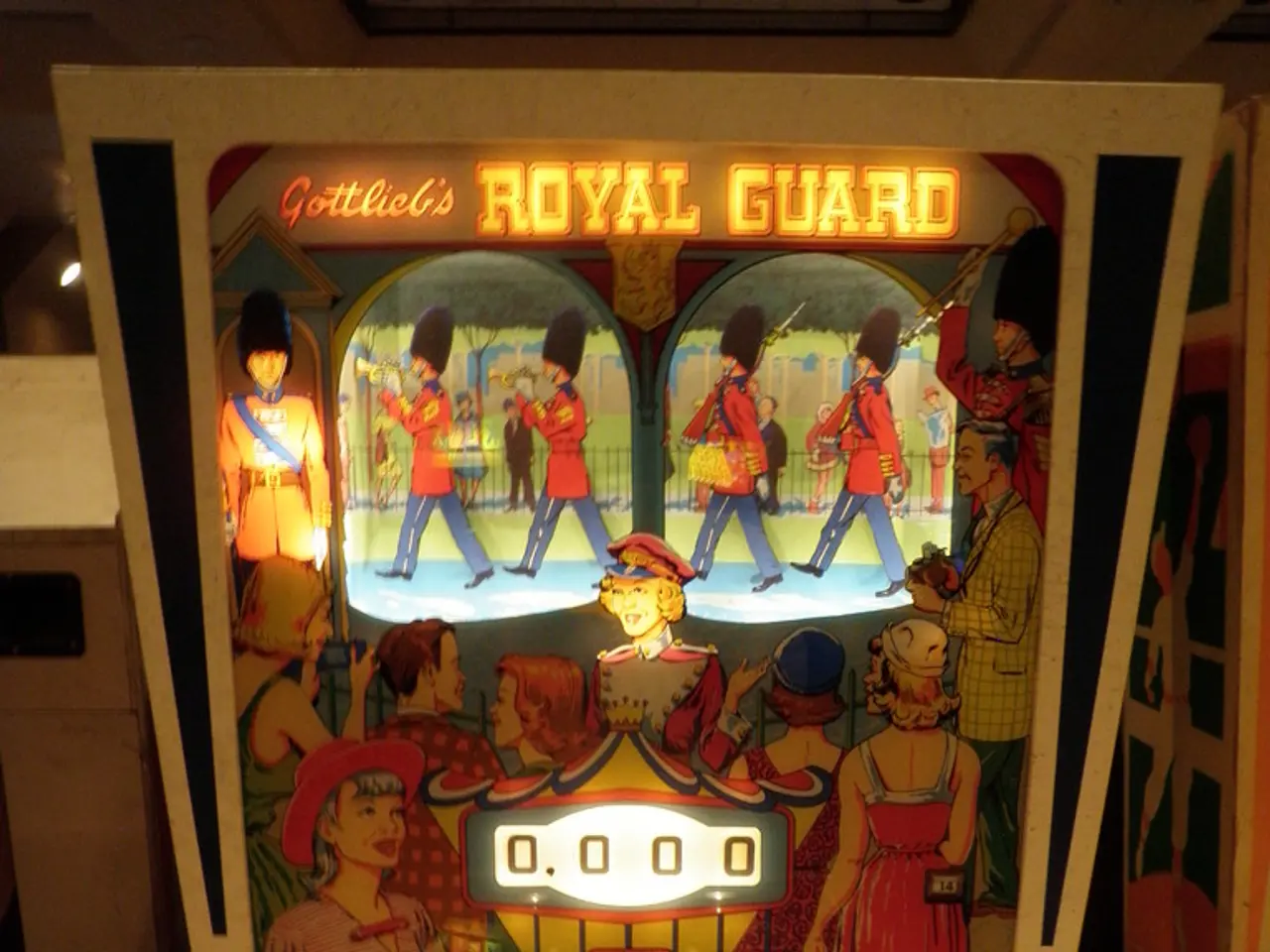Steam's Early Access Gone Awry: A Daring Concept Turned Into a Cesspool of Abandoned Titles
Steam's "Early Access" Program: Shift from Original Concept - Possible Disappointment for Gamers?
Valve's pioneering "Early Access" initiative on Steam was intended to be the savior of undiscovered gaming projects. It helps newcomers fund their dreams, uplifting fresh talent that may have otherwise gone unnoticed.
But the reality is far from rosy. Over a decade has passed since Early Access arrived on Steam in 2013, and the once promising program is now swamped with a staggering 14,056 titles - a quick glance at Steam's main Early Access landing page.
Many titles have achieved thunderous success, but there are multitudes lingering in the shadows, untouched and neglected for years. While Steam issues a warning that Early Access games are a gamble, the past indicates that the setup wasn't always this disastrous.
The Golden Age of Steam Early Access
Take a sneak peek at my Steam account - old enough to order a beer - and I can recall when Early Access was shining bright. It debuted a dozen years ago with a humble roster of 12 titles, including enduring classics like Kerbal Space Program, ARMA 3, Prison Architect, and Kenshi. These gems boast overwhelmingly positive reviews to this day, showcasing the remarkable impact of Early Access on their evolution.
For me, it was the standalone version of ARMA 2's DayZ mod that first left a sour taste in my mouth. The project sprang to life in 2012, joining Steam Early Access only months later, in late 2013. DayZ spent about five years in Early Access, leading disillusioned players to wonder if it would ever see a proper launch.
The Modern Landscape of Early Access Releases
Steam's Early Access program still births awe-inspiring games that wouldn't have materialized otherwise. However, the DayZ fiasco no longer comes as a surprise when it recurs with contemporary Early Access games.
At some point, Early Access devolved into a subterfuge for unscrupulous developers to exploit Steam's rules for a quick buck, shirking their responsibilities towards completion.
Let's delve into Steam's Early Access Developer Rules as they appear on the official site:
- Display Early Access branding and provide details about the game's current state on any third-party sites when distributing Steam keys for Early Access games.
- Eschew specific promises about future events.
- Early Access titles must be accessible to customers through Steam.
- Don't price gouge Steam customers.
- Set expectations correctly everywhere when discussing your game.
- Don't debut in Early Access without a playable game.
- Don't launch in Early Access when development is complete.
These rules assume that developers are honest and confident about their product. The reality, however, is often contrasting.
The Purpose of an Early Access Program
The essence of an Early Access program rests on three pillars. First, it offers a platform for developers to gather valuable feedback from gamers during multiple development stages.
Second, it gives members of the gaming community a chance to back promising studios, gain early access to the game, and enjoy exclusive advantages.
Third, an Early Access launch pumps funding into the development team, speeding up production timelines and improving the end product.
Catering to these benefits necessitates more interaction from the developer with early buyers and incorporation of suggestions from the overall community. Releasing a game in Early Access is often the only recourse for a title to achieve fruition.
Today, it's customary for a developer to release a game marginally playable, slapping the Early Access badge on it as a lame excuse for its state instead of as a cry for assistance. Developers bear no obligation to follow Steam's suggestions or even finish development.
Who's Responsible for Steam Early Access' Market Flood?
I refuse to blame Steam and its parent company, Valve, solely for the current state of Early Access. I'm an avid Steam user, and I adore it as the best way to experience PC games. But I won't shy away from criticizing it.
Dishonest devs exploit Early Access loopholes, while eager PC gamers are more than willing to throw money at inferior products promoted by streamers. I concede that I've been a part of that crowd, and I can't defend the $20-30 I've squandered on titles that have been abandoned.
Steam's Early Access remains a fertile ground for exhilarating content, but I worry that the trash it spews out will soon overshadow the gems.
- Despite the initial promise, Steam's Early Access program now hosts a multitude of games, including popular titles like Kerbal Space Program, ARMA 3, and Prison Architect, alongside neglected titles, such as standalone versions of DayZ that took several years to launch.
- Unfortunately, many developers have exploited the Early Access program as a means to collect funds without fully committing to the project, thereby shirking their responsibilities towards completion.
- As a resolution, developers should adhere to Steam's guidelines for Early Access, including providing details about the current state of the game, avoiding specific promises about future events, and launching with a playable game, rather than using the Early Access badge as an acceptable excuse for an unfinished product.




